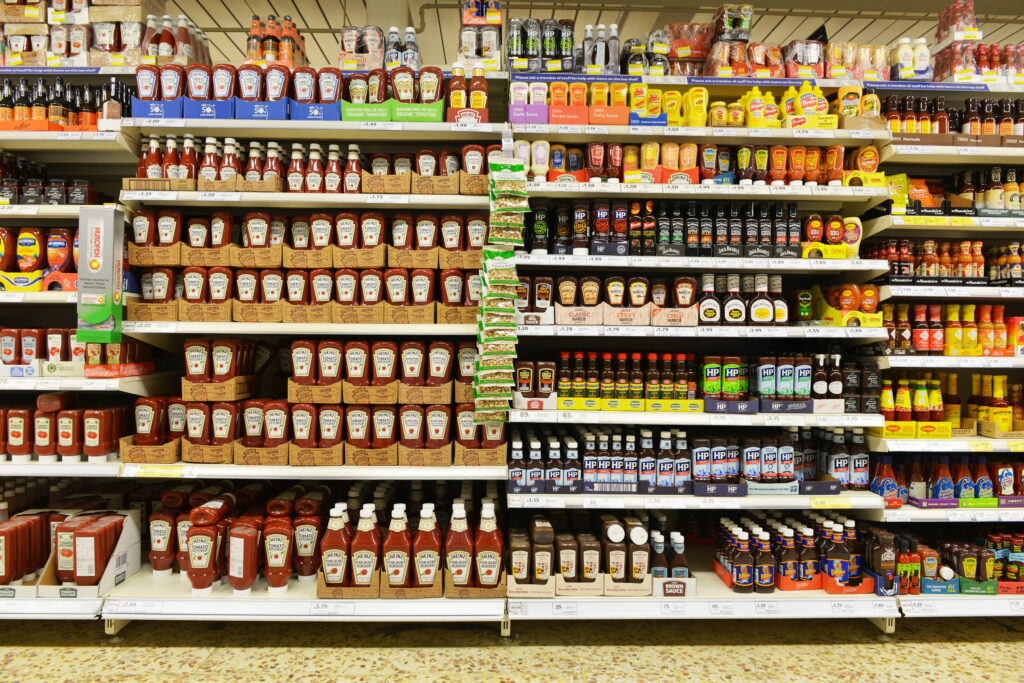The conference also received an update from the European Commission on the implementation of the revised Waste Framework Directive (see letsrecycle.com story), and the impact of legislation on future recycling and recovery plans was at the forefront of the agenda.
Speaking to letsrecycle.com at the event about the importance of recycling for the plastics sector, Wolfgang Sieborg, who works in consumer and environmental affairs for Plastics Europe, said: “It certainly has a high priority; we want to do the right thing.”
However, Mr Sieborg stressed that it was important to consider the lower levels of energy used in the creation of many virgin plastics compared to other materials such as aluminium, and suggested that the focus on recycling materials should reflect this.
“When you look at the energy wasted in making materials, this gives you an indication of where we should have our priorities in recycling,” he said.
And, he stressed the need to look at “proper applications” for plastics, including their use in energy recovery.
Collections
One key issue raised by plastics recyclers at the event was the importance of building successful plastics recycling infrastructure based on a knowledge of exactly what feedstock was coming in, and how improvements could be made to existing collection systems to achieve that.
Chris Dow, managing director of London-based plastics recycling firm Closed Loop Recycling, said: “There are 150 collection systems in the UK, I am a big fan of bringing some uniformity in, it is one of the things that is holding us back; not by too much, but it is.”
His sentiments were echoed by Roberto Bertaggia, chairman of PET recycling organisation PETCORE, who told the event that “some best practice for collecting bottles” would help to boost PET recycling levels, adding that “all the stakeholders should work to make this process sustainable”.
And, PET recyclers in particular raised concerns over the problems that the contamination of bottles with other polymers could cause during the recycling process.
“Please get PVC out of food packaging, it's the greatest challenge for recyclers – that very small amount is having a very large effect on the recycling industry,” Mr Dow said, warning that it could severely down-grade the material.
Mr Bertaggia also warned of the impact that polyactic acid (PLA) polymer, that is increasingly being used in some drinks bottles, could have on PET bottle recycling, due difficulties in separating it.
“PLA could severely endanger the potential for PET being recycled,” he said. “In the long-term I would like to see technologies in place [to recycle PLA] but to the best of my knowledge they're not available.”
Mixed plastics
However, Mr Davidson also said that, while it was easy to justify recycling mixed plastics on environmental grounds, “if you haven't got residents onside and it's not financially viable, then it's not going to happen”.
At the same time, the event heard how important it was to agree on a definition of exactly what constitutes 'mixed plastics” to help councils moving forward with their decision-making on exactly how they collect plastics in the future.
Mariagiovanna Vetre, of the European Plastics Recycling Association, commented: “The definition has a hard impact on collection systems because we need to have a good idea on what we want for municipalities.”
Fuel
Addressing alternatives to recycling, the event gave airtime to the potential use of solid recovered fuel (SRF), with speakers lauding the ever-increasing use of the fuel, but also acknowledging the barriers that it still faces.
Geert Cuperus, secretary general of the European Recovered Fuel Organisation, told the event that, “SRF is becoming more and more important and it plays an important part in our sustainable development,” claiming that more than eight million tonnes of SRF was produced in Europe in 2008.
However, he also stressed the importance of working on developing Europe-wide standards and specifications to ensure take-up of the fuel continued to increase.
“There's already a whole quality assurance scheme behind the production of SRF, but there's a need for standardisation,” he explained.
He added: “Using classification it's possible to define an SRF that's being sold. If you classified it in this way then the client and regulatory authorities will know what's in it.”
And, he warned that the time when SRF could stop being considered a waste and would instead be dealt with in a similar way to quality compost, was some way off.
“It will take some for SRF to be recognised as a product, if you look at composting, it takes 10 years perhaps to develop quality and assurance,” he said.
Biomass
The event also heard about potential synergies between SRF and biomass, with Frank E Mark, of the PlasticsEurope organisation and plastics company DOW Europe, highlighting the opportunities available for co-firing biomass with SRF produced from waste including high-calorific plastic.
But, he also acknowledged that burning SRF had “an environmental acceptance problem”, as well as further barriers, such as potentially long pay-back times on investments in facilities and a lack of operational experience.











Subscribe for free